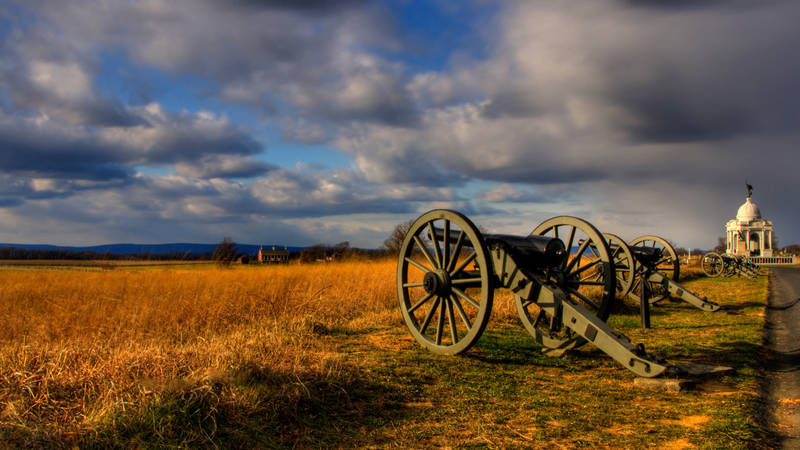The $10 lifetime national park pass is a phenomenal bargain for people 62 and older—but one senior citizen thinks it's a deal that our parks can't afford.
I am a senior citizen and the older I get, the more aware I am of the changes the country is undergoing. It’s reassuring to know that some things continue fundamentally unaltered, including our national parks. They remain—after 100 years—as the tangible, visible embodiment of the ongoing story of America.
But there’s another thing that hasn’t changed in a long time, and should: the senior national park pass.
National Parks Maintenance Backlog Nears $12 Billion
Maintenance Needs for Trails, Visitors Centers Grows from Last Year – Congress Needs to Boost Park Funding
See more ›Any U.S. citizen or permanent resident age 62 or older is eligible for a senior pass, which covers entrance for all the passengers in a personal vehicle. It costs just $10—once—and is valid for the rest of a person’s life. And it doesn’t just get you in to national park sites; it’s also valid at sites managed by the U.S. Forest Service, U.S. Fish and Wildlife Service, Bureau of Land Management, Bureau of Reclamation, and U.S. Army Corps of Engineers. This adds up to access to thousands of public lands around the country, all for less than the cost of a decent lunch.
Congress set the $10 price for the senior pass back in 1993. Back then, an adult ticket for a day at Disneyland cost about $35; today the same ticket costs about $97—with no senior discount. In 1993, the average cost of a movie was around $4; today it’s more than $8. Prices go up for a reason—in part, to help defray the rising costs associated with providing these experiences.
The national parks don’t take care of themselves. It takes money and manpower to keep them going. For a long time—under both Republicans and Democrats—the federal budget has shortchanged the National Park System. The Park Service just announced that its backlog for needed maintenance has grown to nearly $12 billion. That’s a crying shame. We’ve got to do something about it!

How Can Congress Fund More Park Projects for the Next Century? Here’s One Way
The Centennial Challenge will leverage funding from a variety of sources to improve the experience for national park visitors.
See more ›With no end in sight to the fiscal uncertainty and pressure to keep a lid on federal spending the past several years, those who love and enjoy the parks need to urge their members of Congress to provide better funding for national parks. We can also help support some creative ideas to help pay for the things the parks need to operate safely and efficiently.
One of those ideas, the Centennial Challenge, is a public-private partnership that more than doubles an investment of federal money by matching it with private contributions. This challenge worked very well when it was first used during the George W. Bush administration, and it worked again more recently under President Obama. There’s a long list of needed projects that have been completed under the Centennial Challenge program. To maximize the program’s potential, Congress must now pass legislation that guarantees a steady and more robust source of money for private contributors to match. That’s where we seniors come in.
One proposal to pay for part of the federal share of the Centennial Challenge is to update the price of that senior lifetime pass so it is more in-line with the standard annual pass of $80, or to modernize the payment structure or terms in some reasonable way.
It’s not that I hate a bargain. As seniors, we’re in better health, live longer, and are more active than our parents’ generation. Surely we ought to be willing to pay a bit more for that lifetime pass to help ensure that we and our children and grandchildren have the best experience in the national parks that is possible.
What better way to mark the centennial of the modern National Park System than to make a real investment in its future?
About the author
-
 Tom Hill Former Director of Special Projects, Government Affairs
Tom Hill Former Director of Special Projects, Government AffairsTom Hill is former director of special projects in the Government Affairs department. He has been involved in the public policy arena in Washington, D.C. for nearly 30 years.


